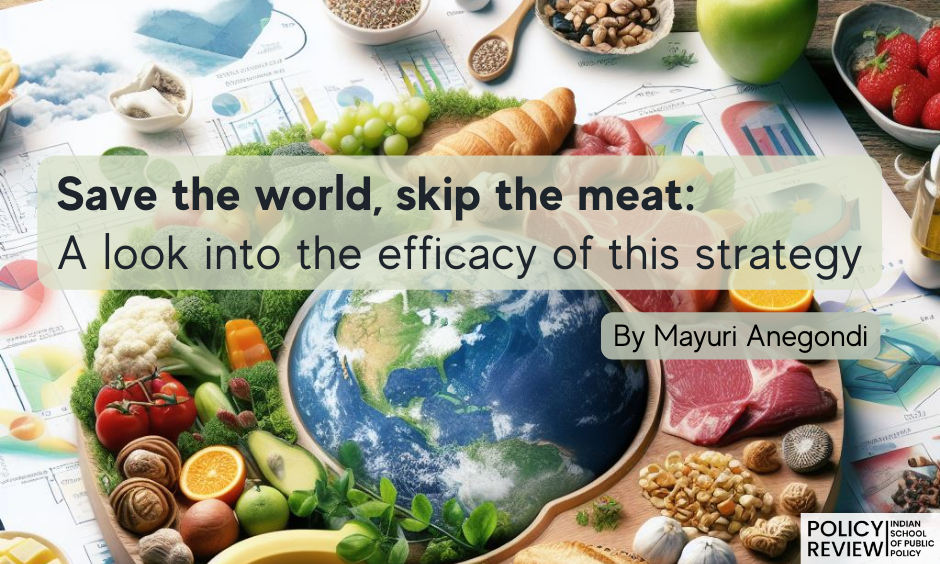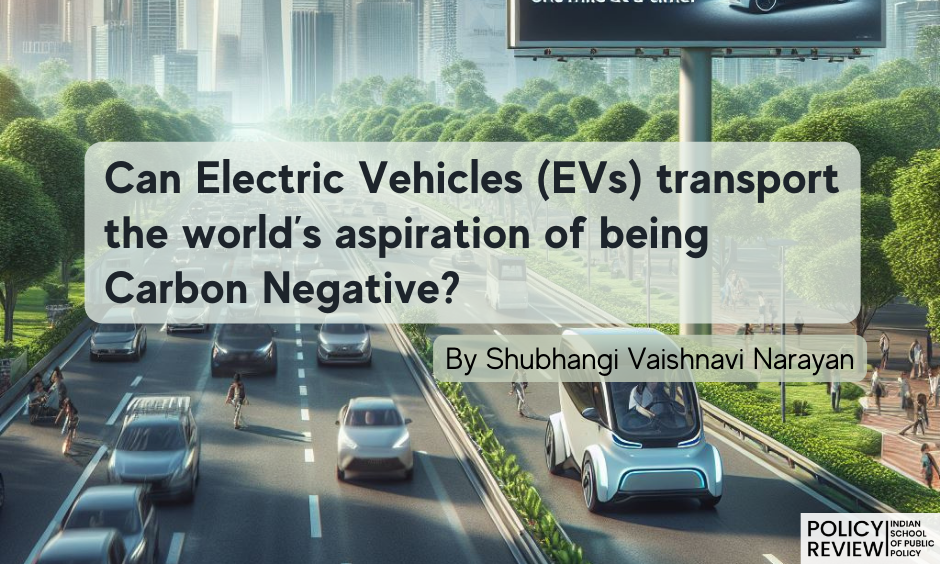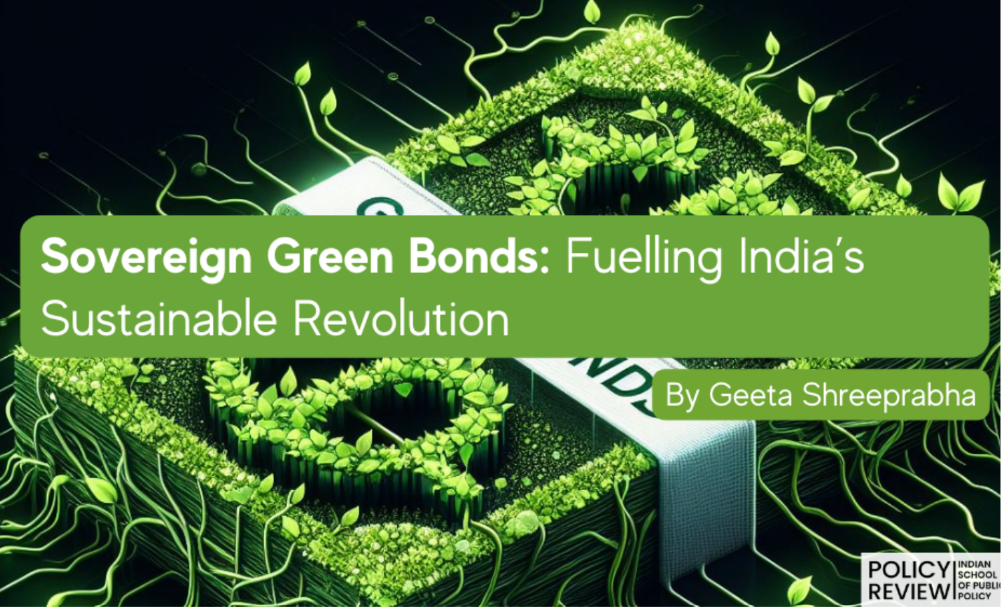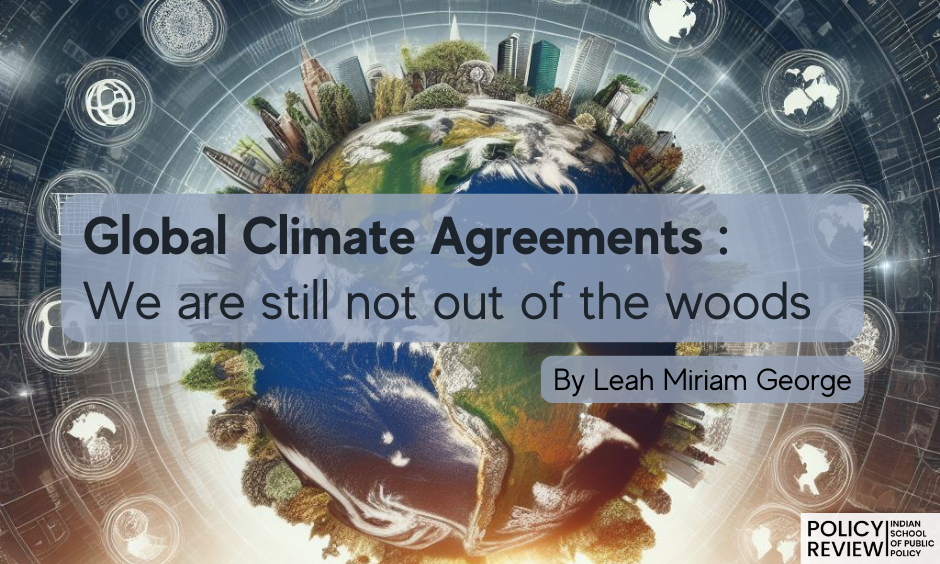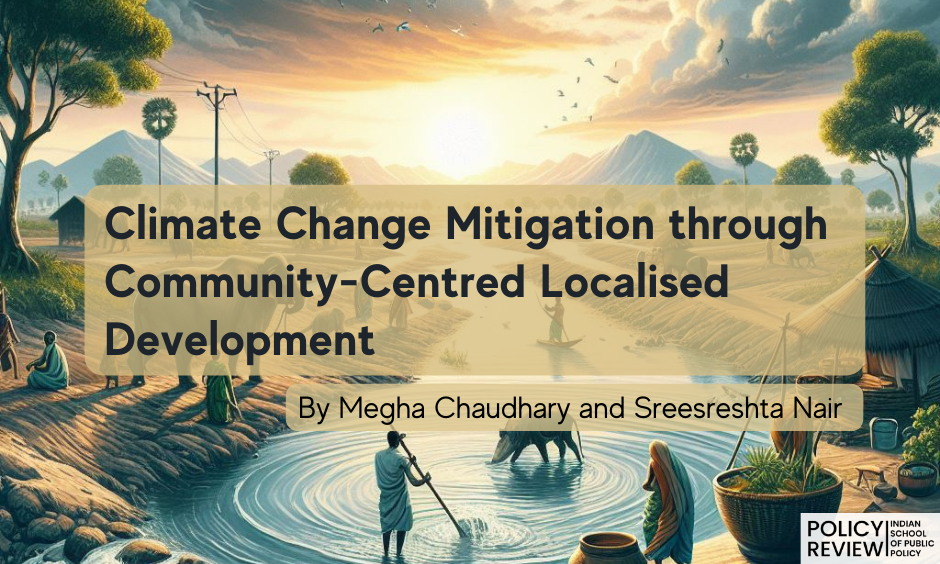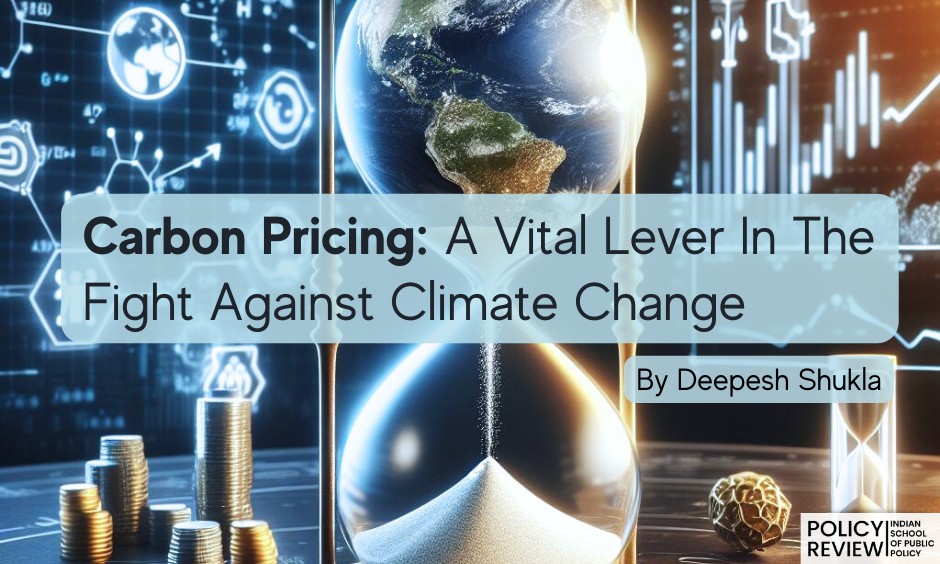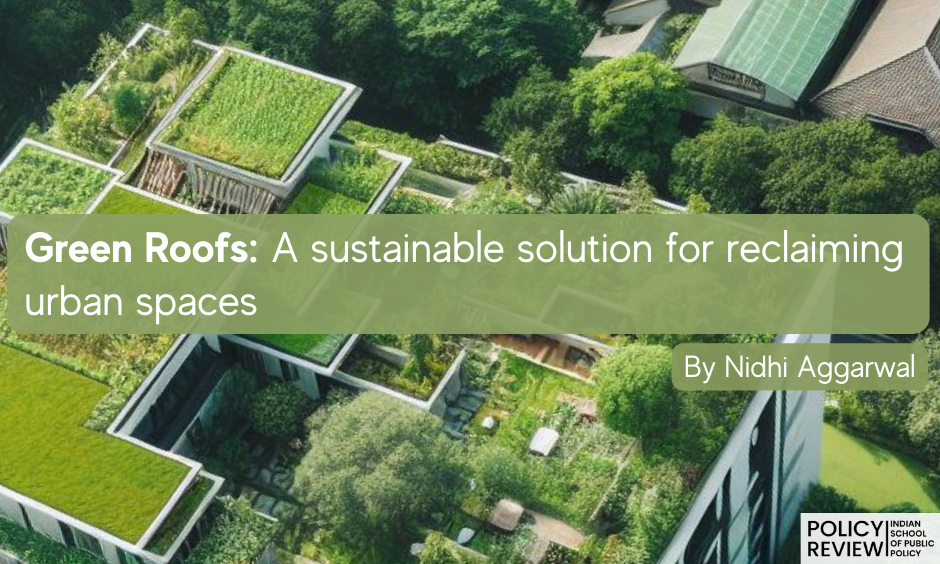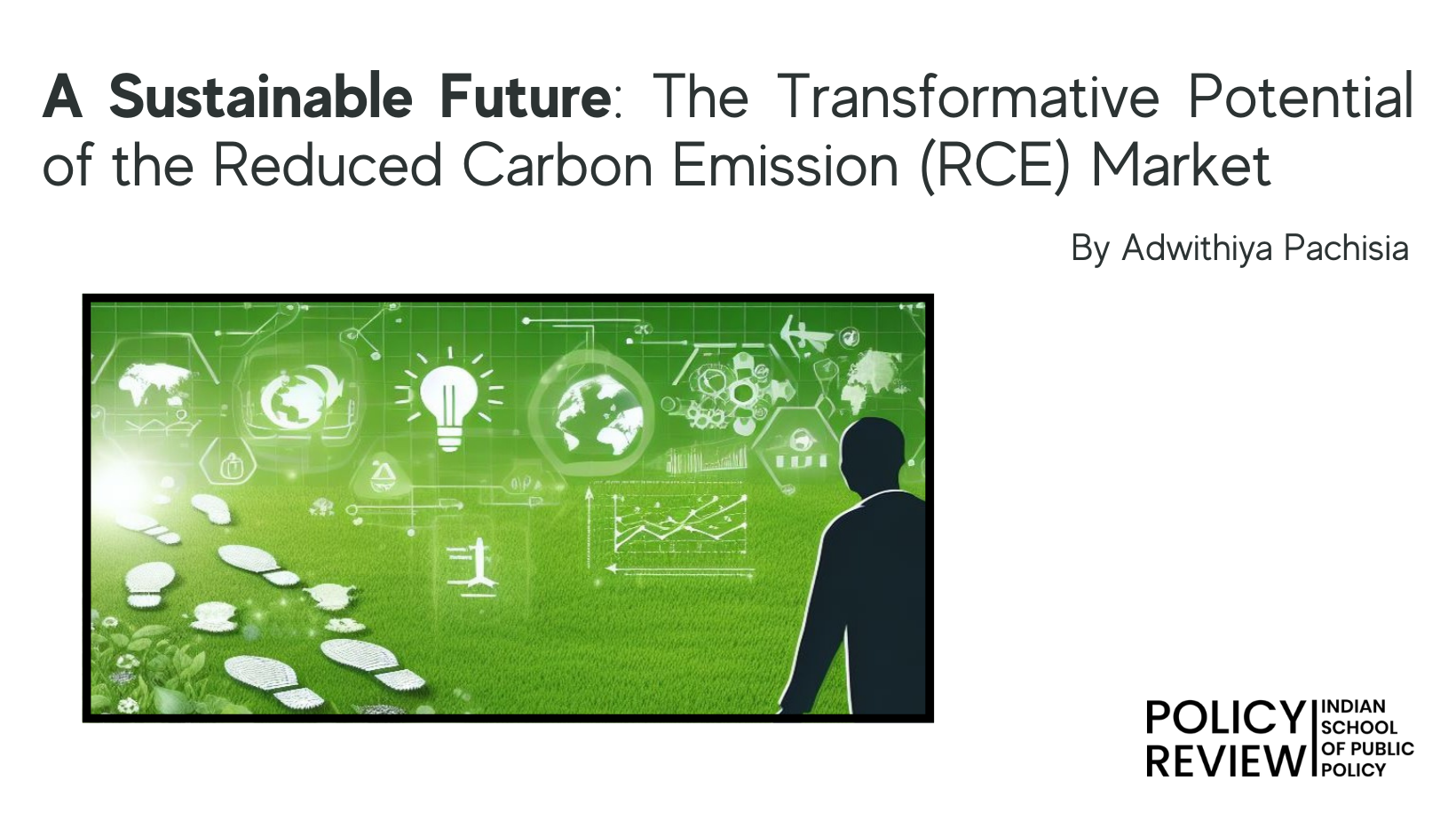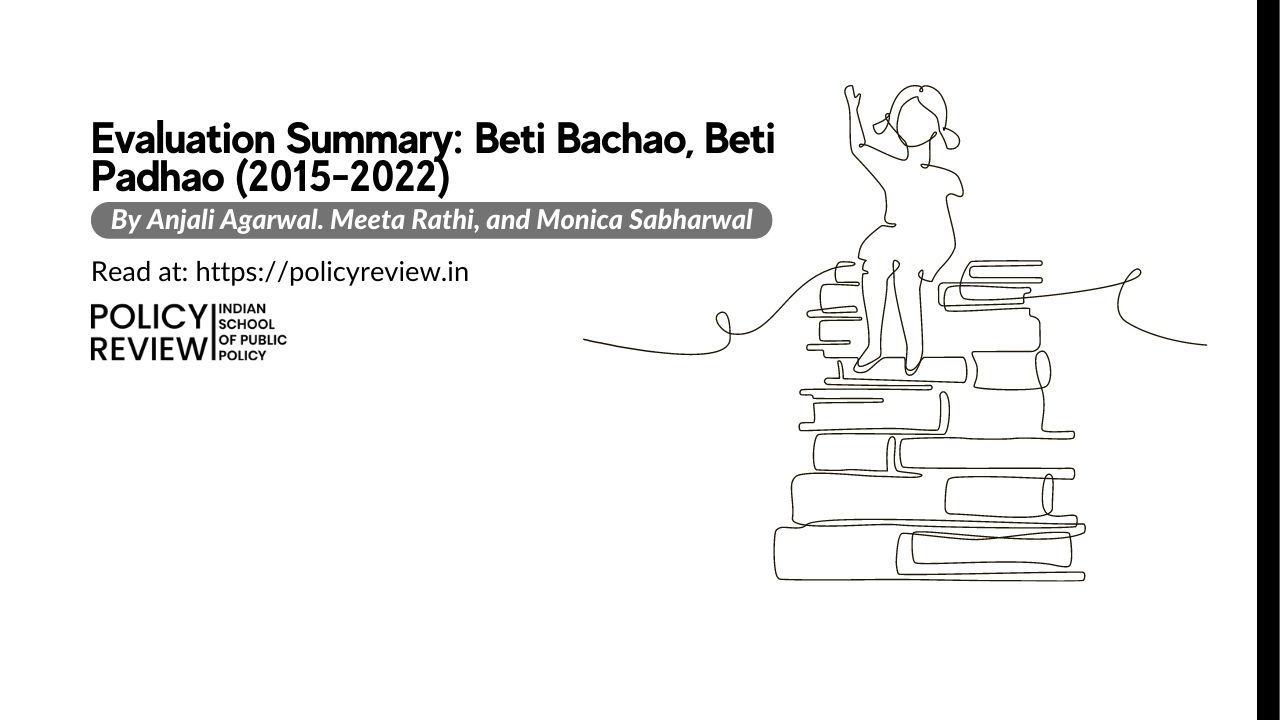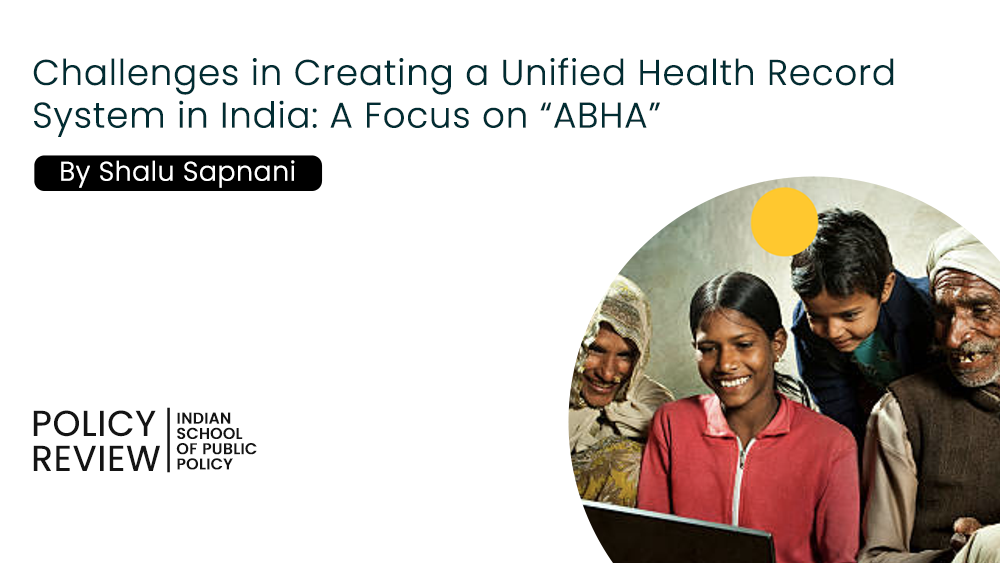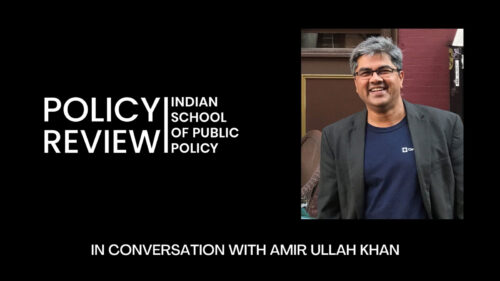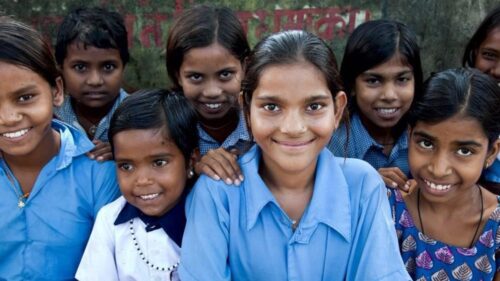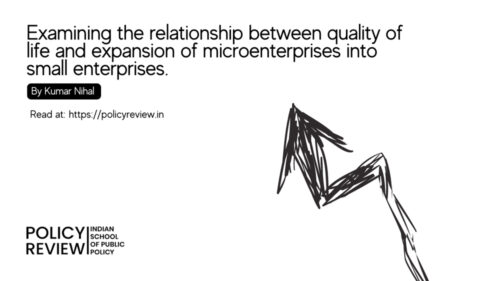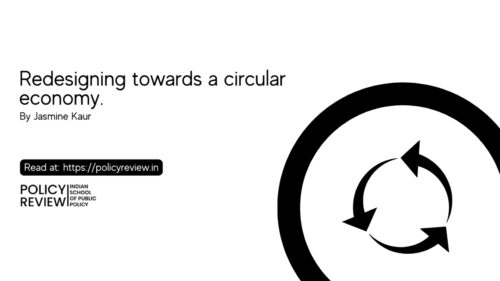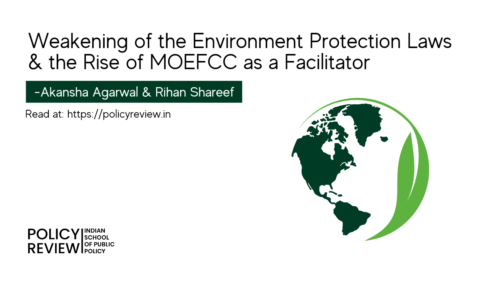We invite book reviews for our Policy Prism series. Deadline for submission: 15 March 2024. Please click here for further details.
ISPP Policy Review (IPR)
Explore fresh public policy and governance perspectives from samaaj, sarkaar, and bazaar with ISPP Policy Review (IPR), ISPP’s flagship research initiative. This year’s IPR edition focuses on “Rising India’s Pathway to A $30 Trillion Economy.” Read the Call for Submissions and join the conversation on our social media platforms to contribute to India’s lively and evolving policy discourse.
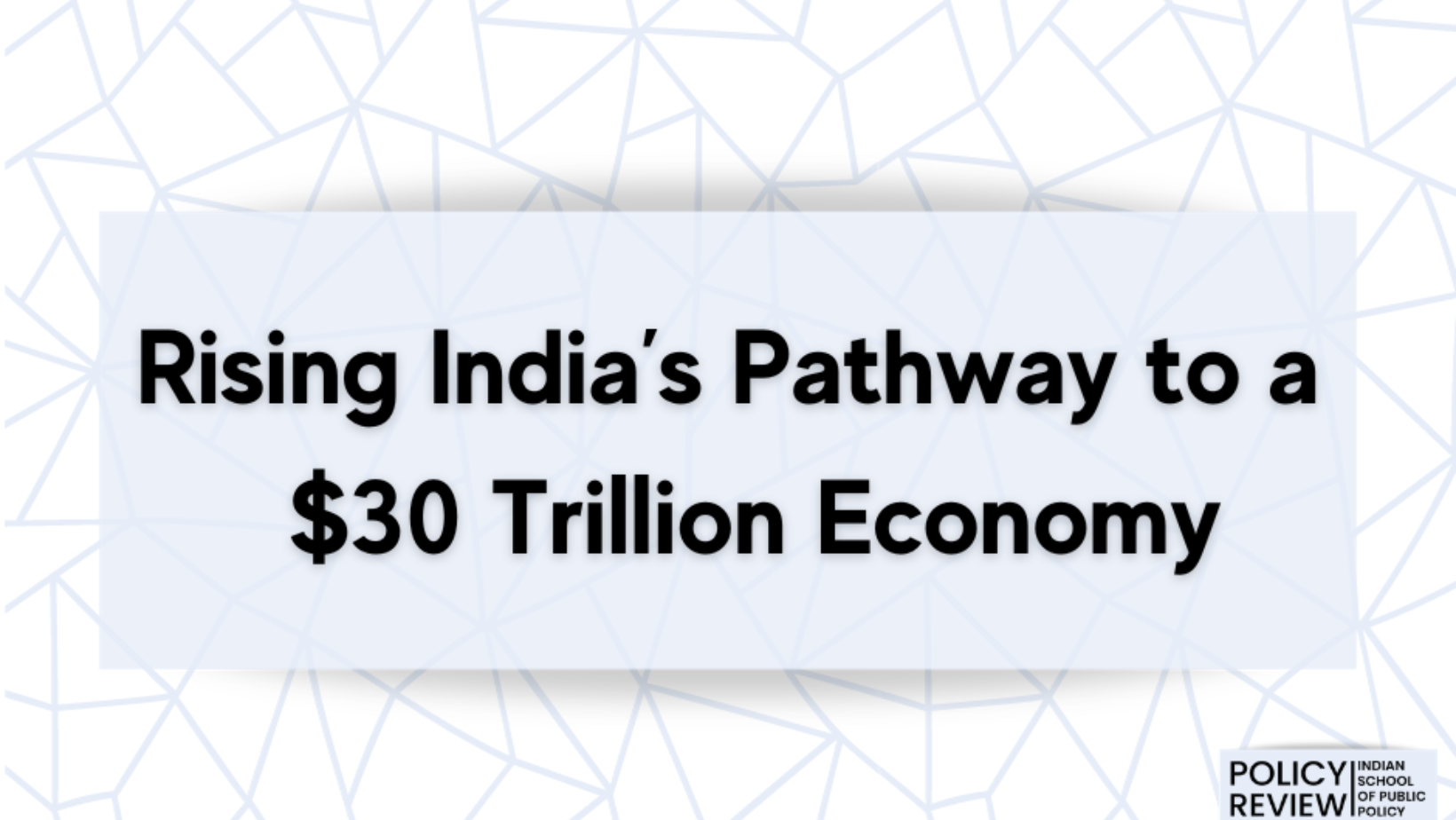
Latest
IPR Team

Vincy Davis
Faculty Advisor

K Nandhnee
Associate Editor and Learning Associate
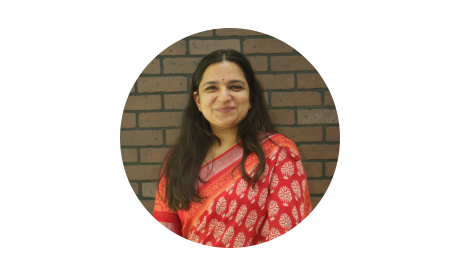
Monika Yadav
Associate Editor

Praneta Kansal
Associate Editor

Shubhi Agrawal
Associate Editor

Jibin Kuriakose
Associate Editor

Atman Joshi
Digital Media Manager

Sristy Agarwal
Social Media Specialist

Shreya Pathak
Social Media Specialist

Sai Manikanta Thota
Social Media Specialist

Isha Singh
Designer
Write for Us
In line with our theme for 2023-2024, “Rising India’s Pathway To A $30 Trillion Economy“, the ISPP Policy Review invites articles, policy briefs, photo-essays, and comics that are insightful and enrich ongoing dialogues in the following areas: Governance, Trade and Finance, MSMEs, Infrastructure and Transport, Clean Energy, Sustainable Development, Technology, Urbanisation, Human Rights, National Security, Social Security, Agriculture, Skilling, and Social Sector areas such as Education and Health.
If you wish to get your articles and images featured on IPR, send your submissions to [email protected]. Click below to know more
Follow us on socials


